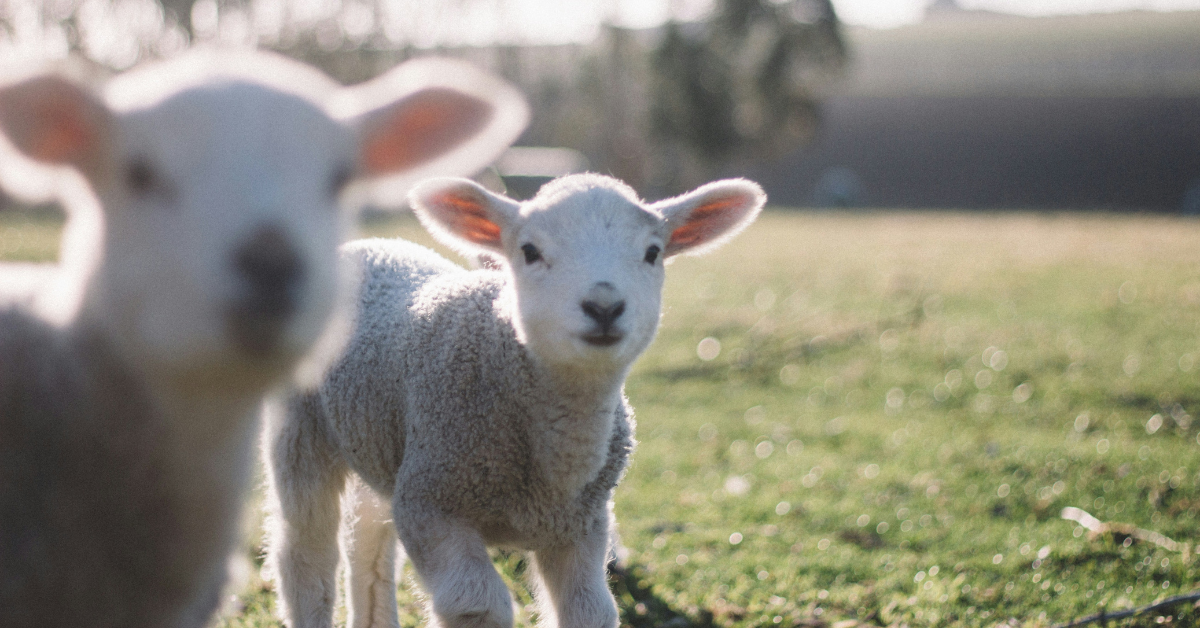Voters in Denver, Colorado, will be able to “flip off fur’” and shutter a slaughterhouse for lambs when they go to the ballot box on Nov. 5. Friends of Animals is proud to support two ballot initiatives that seek to prohibit fur sales and ban slaughterhouses within the City and County limits of Denver.
One measure would prohibit the selling and manufacturing of new fur products in Denver. If passed by majority vote, the law would go into effect in 2025, with exemptions for second-hand fur, Indigenous fur trading and taxidermy.
The other measure would ban slaughterhouses in the city starting in 2026, including Superior Farms, Inc., which kills upwards of 500,000 lambs a year, making it one of the largest lamb slaughterhouses in the U.S.
Pro-Animals Future, a local, volunteer-led animal advocacy group, collected over 31,000 signatures last year, more than enough to get both initiatives on the 2024 ballot.
These two citizen-led initiatives not only give Denver voters a chance to enhance animal rights, public health and environmental health within their local community, but will also empower voters to make significant strides toward ending two of the cruelest industries on Earth.
Eighteen countries have banned fur. In the U.S., California banned fur sales in 2023. In Colorado, the city of Boulder passed a ban on new fur sales in 2021, giving momentum to the Denver initiative and raising hopes that Colorado could be on its way to becoming the next state to reject the violence behind every fur coat or hat.
More city-wide bans must be put in place to eliminate the sale of all fur—new, vintage or otherwise—and ultimately end fur farming in the U.S. While it can be a Herculean task to motivate legislatures, public backlash matters, and thanks to our decades-long public awareness campaigns, these days conscientious consumers want no part of the violence toward animals in the new of fashion. Denver voters have FoA’s full-throated support.
Ending the slaughter of baby lambs
As horrific as the fur trade is, it’s no secret that animal farming contributes to even greater numbers of animals suffering worldwide. Denver voters will also have the power to push out the last slaughterhouse from their community.
Specifically, the ban would result in closing the doors of a Superior Farms lamb abattoir—the only such slaughterhouse inside city limits—and prevent the opening of new slaughterhouses locally while also prioritizing affected workers in employment assistance programs.
The Denver butchery, which Superior took over in 1991, accounts for 25 percent of all lambs slaughtered in the U.S. per year. (Nearly 2 million lambs are butchered in the U.S. each year, compared to the New Zealand lamb market that kills 30 million per year and Australia, which slaughters 70 million per year.)
The stench that pervades the industrialized district of Globeville, where the lamb slaughterhouse currently operates, has deterred residents from opening their windows for decades. In November 2023, the Globeville neighborhood was identified by PBS as one of the most polluted communities in the U.S.
While animal farms are widely recognized as massive contributors to air, water, and soil contamination, it comes to no surprise that the Superior slaughterhouse has failed to report its water discharge to the EPA for three years, violating the Clean Water Act, said Jennifer Best of FoA’s Wildlife Program.
The possibility of removing the lamb slaughterhouse offers hope for a more compassionate and ethical future in Denver.

